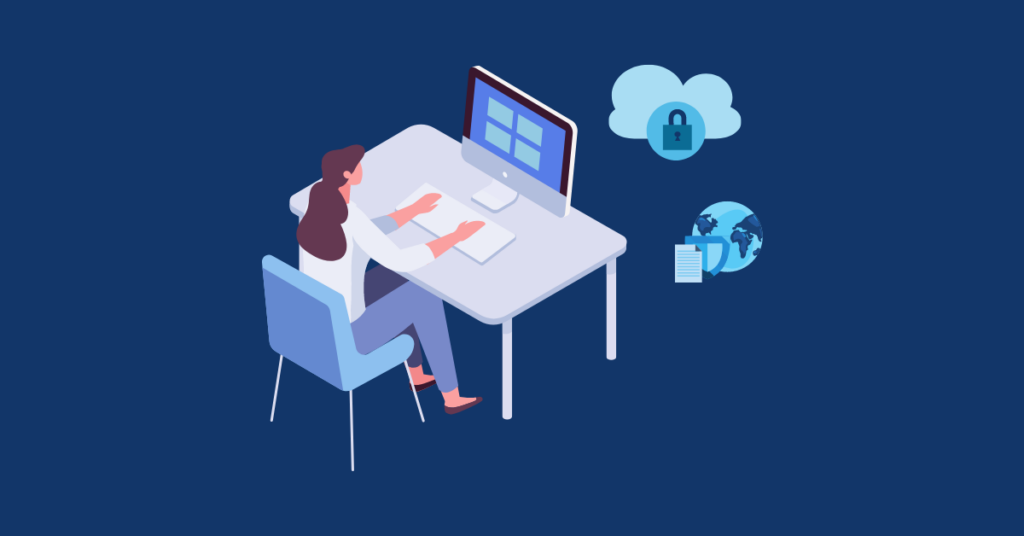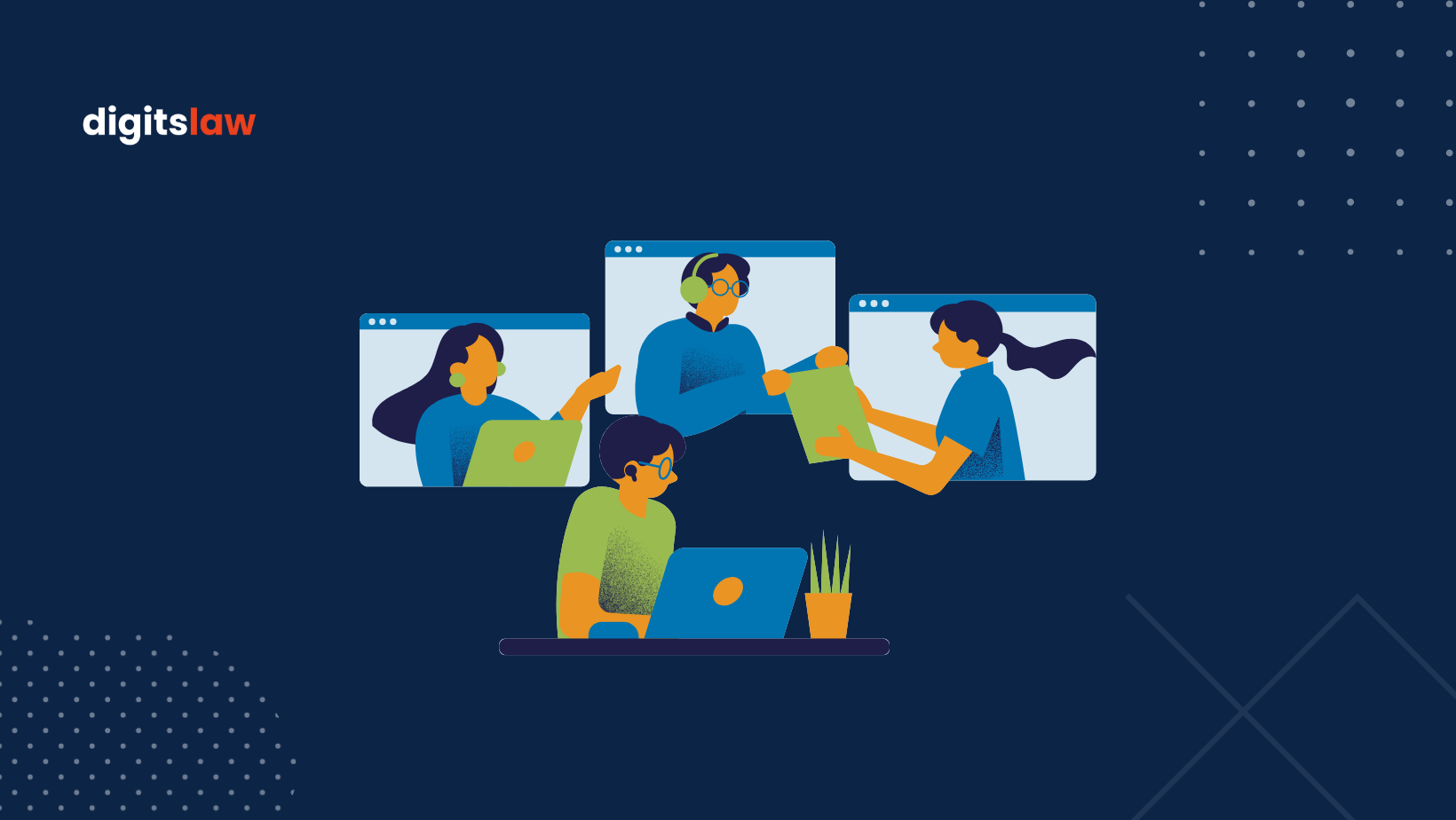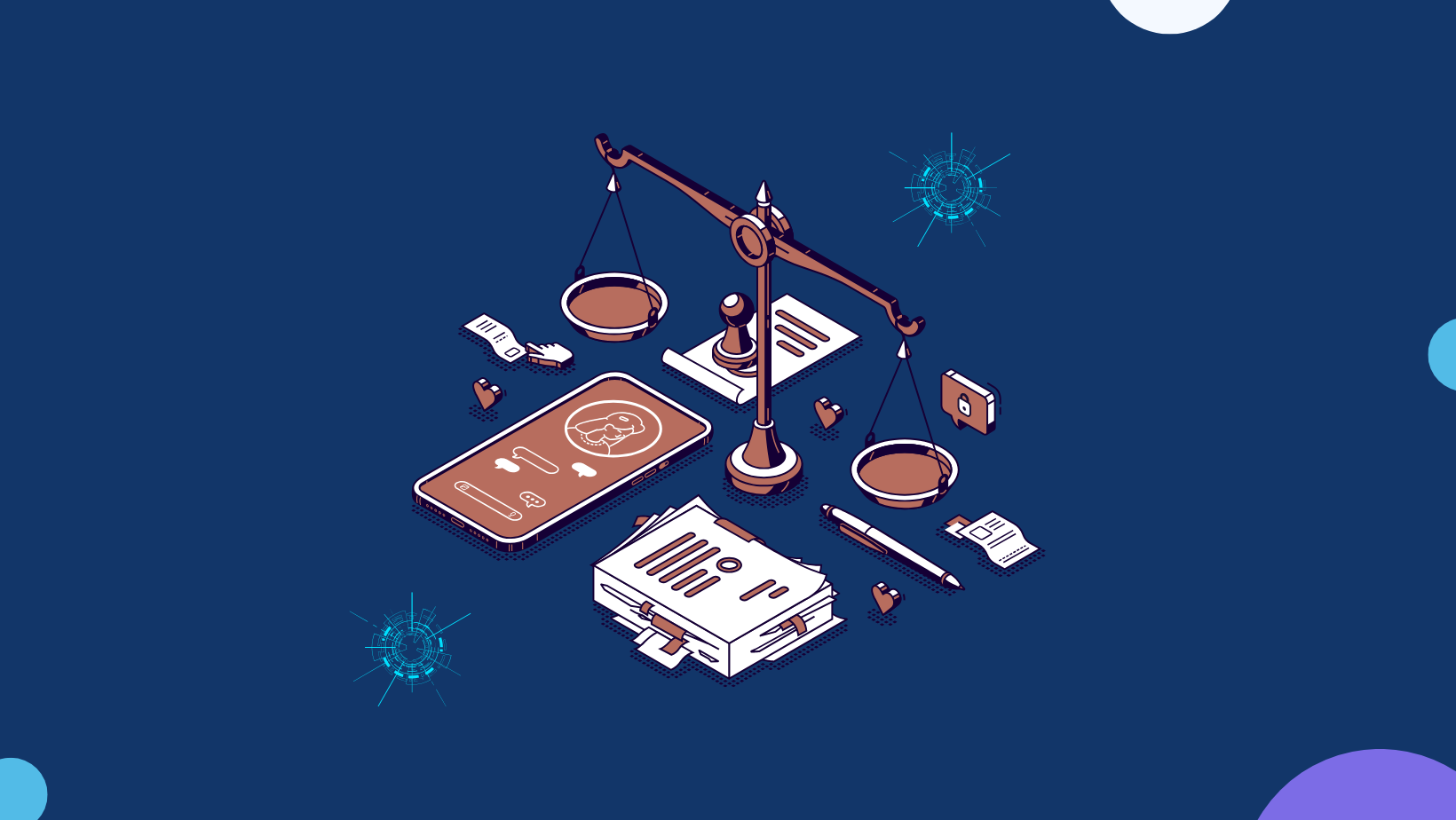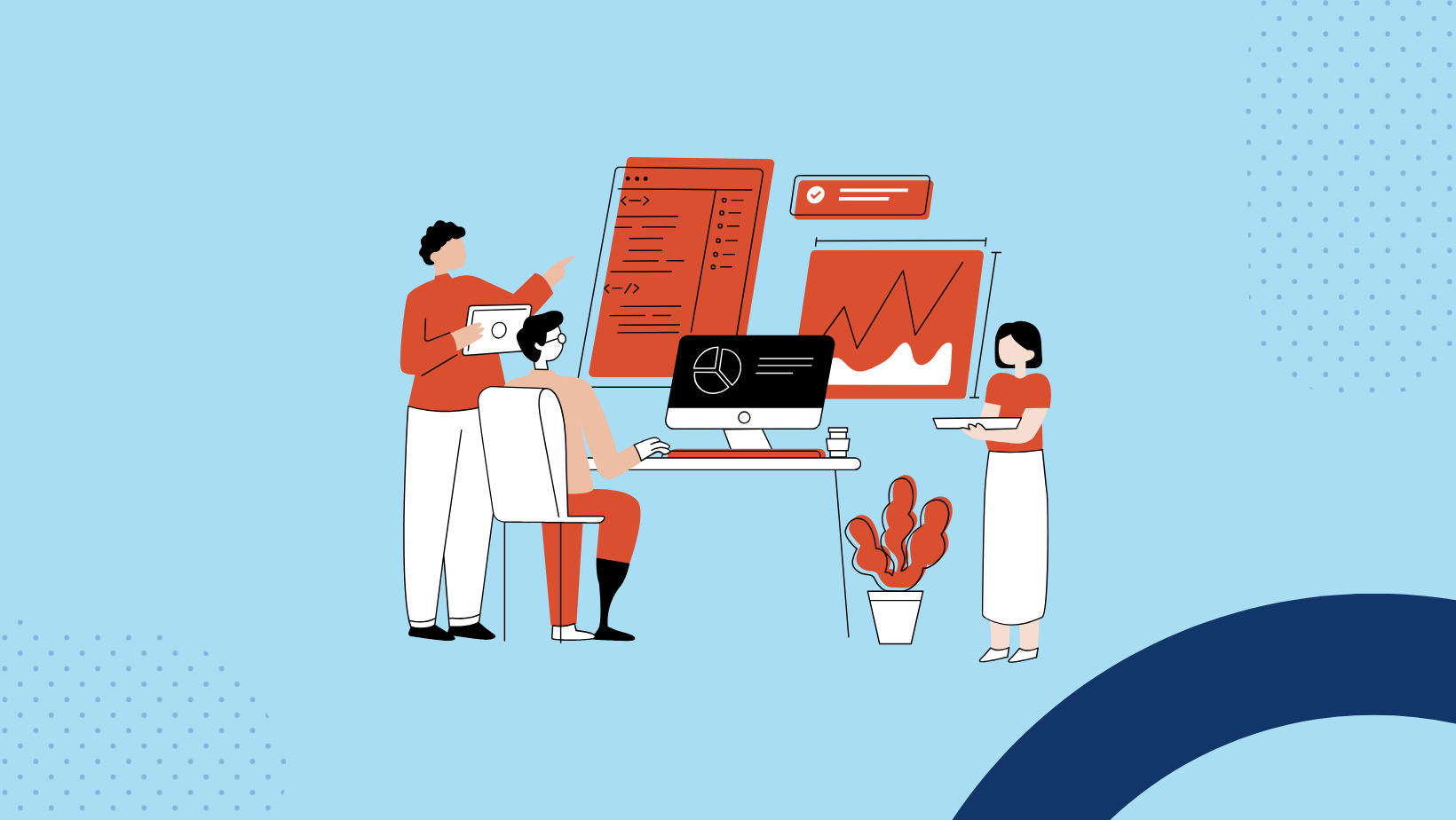Lawyers’ increasing reliance on remote work has given rise to fresh worries about about data protection.
Lawyers are easy prey for cybercriminals because of the delicate nature of the information they handle on a regular basis. As a result of the pandemic, a growing number of lawyers are conducting business from home, heightening the urgency of protecting sensitive client information.
When practicing law online, whether on personal devices, through a shared network or through the help of a case management software, lawyers are more vulnerable to cyberattacks.
Cyberattacks can damage a company’s reputation, compromise private information, and compromise the security of data. Leaks of sensitive information can result in a wide range of complications, some of which may have serious monetary or judicial repercussions.
As part of their duty to their clients and the rules set forth by different regulatory agencies, lawyers must take extra measures to protect their clients’ sensitive information.
Protecting people’s privacy is a priority for governments around the world, including the United States, and several laws have been enacted to that end, including the General Data Protection Regulation (GDPR) and the California Consumer Privacy Act (CCPA). There could be severe monetary and legal consequences for breaking these rules.
The American Bar Association (ABA) is just one of many international bar associations that has released guidelines for attorneys on data security, reminding them of the critical nature of protecting their clients’ private data.
Therefore, maintaining customer trust and compliance with ethical standards necessitates a strong commitment to data protection.
When it comes to online predators, what measures can a lawyer take to safeguard their practice? If you want to know how to better secure your data, here are seven suggestions:
Make Use of Robust Passwords
Remote lawyers must protect their gadgets and accounts with complex passphrases. Poor passwords pose a serious security risk because they are easily guessed or cracked, and should be avoided at all costs. To safeguard against hackers who utilize automated tools capable of attempting millions of password combinations within seconds, it is crucial to create and utilize unique, complex passwords on your legal software.
An effective passcode can be made with little effort. Some recommendations for developing secure passwords are as follows.
- Use lengthy passphrases because they are harder to predict or crack. Use at least 12 characters.
- Diversify the alphabet: Spell it out using a combination of capitals, lowercase characters, numbers, and symbols.
- Don’t use any words or sentences that can be found in any standard dictionary. Dictionary entries and commonly used phrases are popular inputs for password cracking tools used by hackers.
- Don’t get too intimate: Your passwords should never contain sensitive information like your name, date of birth, or phone number.
- Replace your password with a passphrase, which is a longer, more complex phrase that is still easy to recall. The passphrase “MySchoolRunsAreBetterWithCoffee” is a good illustration of a secure passphrase.
- Make use of a password manager, which can create and safely keep complex passwords for you. If you use a password organizer, you don’t have to remember all those complicated passwords you use for different websites. Because they can autofill passwords on login sites, password managers make it simple to use strong passwords without having to remember them.
Lock Down Your Tech
Protecting your info requires you to secure your devices. The first thing to do is always upgrade to the most recent version of any software for lawyers that you use, especially when it comes to matters data protection.
Protect your computers and mobile devices from malicious software and other online dangers by installing antivirus and security software.
It’s also important to protect your devices with strong passphrases or biometric authentication methods like fingerprint scanning. If you care about the safety of your computer, avoid connecting to public Wi-Fi or other insecure networks. Use a virtual private network (VPN) to encrypt your internet link and safeguard your online actions instead.
Use Encryption
To safeguard private information from hackers, encryption is an indispensable instrument. It entails changing information into a code that can be read with a special key. This prevents data from being intercepted or viewed by hackers or other unauthorized parties and restricts access to only authorized users.
There are two types of encryption:
- Symmetric
- Asymmetric encryption
Symmetric encryption encrypts and decrypts with the same secret keys. As a result, the sender and the recipient must share the same secret key in order to read the message.
Whereas, in asymmetric encryption, the encrypting and decrypting processes each use their own unique key. This increases safety because it makes it harder for hackers to steal both keys simultaneously. Online banking and shopping are two examples of services that rely on asymmetric encryption to keep customer data safe.
In the event that data is stolen or intercepted, encryption can prevent unwanted access. The confidentiality of client information is paramount in the legal field, and encryption helps to ensure that it stays so. Encryption remains an essential tool for lawyers to fulfill their ethical and legal responsibilities to protect client confidentiality.
Protect Yourself from Phishing Scams
Phishing schemes are deceptive practices used to steal private data like passwords, credit card details, and personal identification information. Emails or websites that seem official but are actually phishing attacks disguised as official-looking communication are common vectors for this type of attack.
Verify the sender’s email address, avoid clicking on links in unsolicited emails, and never give out personal information unless you know for sure who you’re dealing with.
Secure Video Conferencing Calls
As more people start working from home, video conferencing has emerged as a common means of holding talks and coordinating efforts. Yet, keeping these video chats safe from prying eyes is crucial.
Pick a video conferencing service that encrypts data from end to end and necessitates a login and passcode. Don’t record or share video conferences without permission, especially if confidential material is being discussed.
Safeguard Data-Sharing and Storage
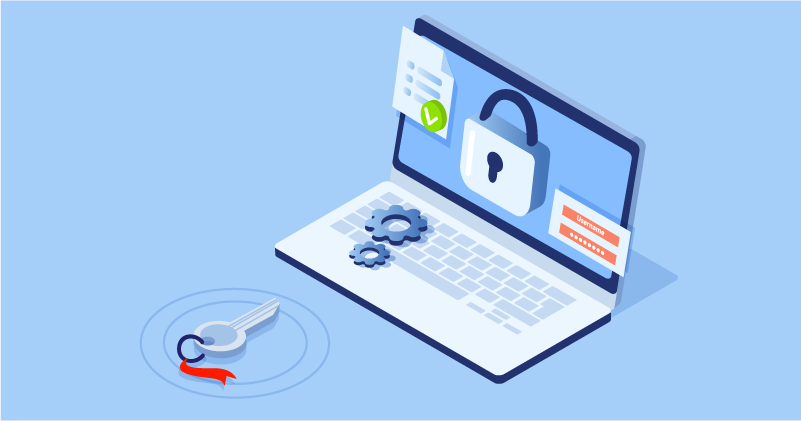
Remote data storage and transfer can pose security risks if not properly implemented. Use encrypted file-sharing software to keep your information safe while it’s being sent and stored. Consider using services that provide multiple layers of encryption and other security measures, like multi-factor identification.
In addition, keep private information off of public computers and other untrusted sources. If you must share private information, like sensitive client documents, only send it via encrypted email or a secure file sharing tool like a client portal software, and verify the recipient’s access privileges first.
Especially when employees are working from home, it is imperative that your legal firm’s data is protected at all times. Data breaches and cyber-attacks can be avoided if your staff has been properly educated and trained on data security best practices to serve as a first line of defense.
Create Safeguards for Personal Information
Create data security processes and policies that spell out how to keep sensitive information safe. It is imperative that all employees are familiar with and adhere to these rules and procedures.
Train Your Staff
Frequently schedule training meetings to discuss data security policies, procedures, and protocols. Educate your team on how to recognize and counteract security risks like phishing, malware, and hacking efforts.
Limiting who can see what data is essential, so it’s a good idea to educate your employees on proper access control procedures. Make sure they are aware of the significance of monitoring access records and the processes involved in giving and revoking permission to access sensitive data.
For better password security, educate your employees on the value of strong passwords and how to implement them. Make sure they are aware of the dangers of reusing passwords and the need to use different passwords for each account.
Staff members should be instructed in the best practices for protecting their personal electronic devices. Be sure they are aware of the potential dangers of connecting to public networks and the benefits of using VPNs to protect their data while they are online.
Educate your team on proper incident response protocols, such as how to disclose security or data breaches. Make sure they get the message that incidents need to be reported quickly to limit the harm.
Maintain a system for continuously tracking and assessing how well employees are following data privacy guidelines. Regular security audits and close monitoring of access records can reveal security flaws and help direct future investments.
Conclusion
Remotely working attorneys cannot stress enough the importance of data protection. With these seven guidelines in mind, legal professionals can better safeguard their clients’ private information.
Secure data storage and sharing, as well as the use of strong passwords and encryption, can protect attorneys from phishing scams and other forms of cyberattack.
Educating employees and increasing their knowledge of data security best practices is also essential. Legal professionals can keep their clients’ information safe, maintain their clients’ confidences, and maintain their clients’ faith if they follow these guidelines and stay alert.
To sum up, data protection is crucial, particularly in the legal industry, where secrecy and trust are paramount. If attorneys follow these seven guidelines, they will be able to work from home without worrying about the safety of their files.

